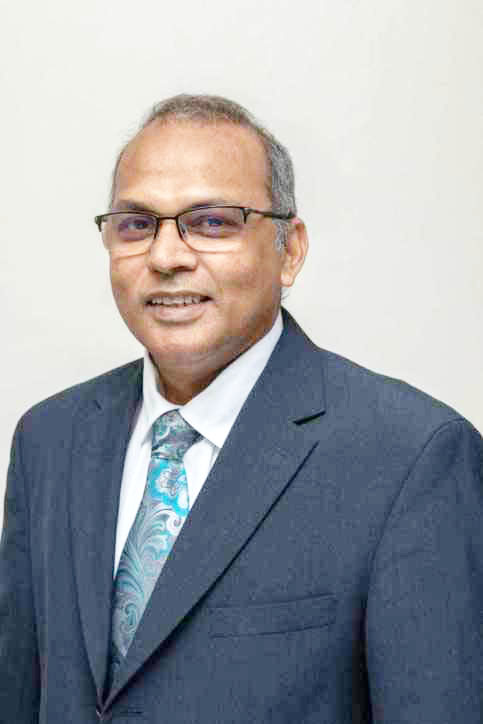With the announcement that a second vaccine has been found to be effective in preventing COVID-19, Health Minister Dr. Frank Anthony has announced that a team is being set up to handle the preparation in the event that a treatment becomes available.
United States drugmaker Moderna announced yesterday that its vaccine candidate against COVID-19 has proved to have an efficacy of 94.5%.
Reuters reported that Moderna’s interim analysis was based on 95 infections among trial participants who received either a placebo or the vaccine. Of those, only five infections occurred in those who received the vaccine, which is administered in two shots 28 days apart.
“This latest press release is based on a study of 30,000 U.S. adults, including many high-risk or elderly persons. This gives us confidence that the results are relevant in the people who are most at risk of COVID-19,” Peter Openshaw, professor of experimental medicine at Imperial College London was quoted as saying by Reuters.
The company has said that it expects to have approximately 20 million doses of the mRNA-1273 candidate ready to ship in the United States by the end of 2020 and will continue on track to manufacture some 500 million to 1 billion doses of the vaccine globally in 2021.
The findings from Moderna’s trial come on the heels of drugmaker Pfizer reporting that its vaccine is more than 90% effective in preventing the virus.
Following yesterday’s announcement, Anthony said health authorities are currently setting up a team of persons who are “acquainted” with vaccines and will work out the logistics on how to roll out the vaccine when made available. It will also be tasked with determining the conditions under which the vaccines should be stored and to ensure that Guyana has the correct “cold-chain storage” to ensure appropriate storage.
“…Last week you had a vaccine from Pfizer and that vaccine has been shown to be about 90% efficacy and what that really means is that they’re showing people that had the vaccine they’re able to develop antibodies and withstand the infection,” Anthony said, while adding that one challenge with the Pfizer vaccine is the fact that countries and health systems would need refrigerators to store it at -80 degrees. He noted that Guyana’s cold chain network does not have those refrigerators.
The minister went on to say that if those types of vaccine are to be made available to Guyana, local authorities would have to purchase the needed refrigerators and to put the necessary infrastructure in place for proper storage.
Addressing the Moderna announcement of its findings, the minister went on to note that the company’s vaccines can be kept as long as six month if they are stored at -20 degrees. Further he said that if they are to be kept at temperatures that are usually in the freezers that are in homes, the vaccine could be stored in those conditions for 30 days.
“[This] is in keeping with our existing cold chain that we have, so that is very hopeful and very optimistic news that you have a vaccine now that we can use with our existing infrastructure. But we will see because we are getting these vaccines through COVAX and we will see what arrangements COVAX would make with these two companies,” Anthony added.
The minister stated that the government will have to do a review to ascertain whether it would be necessary to purchase the refrigerators that would be able to store the Pfizer vaccine under the conditions that have so far been specified during the trial. He noted that the government would have the capacity to purchase those if needed and to build an “ultra-cold cold chain”.
“These are things we will have a technical group review and we have already started to look at the types of refrigerators, the cost, how to deploy, possibilities if we order, when we can get them in, and so forth,” he noted.
According to Anthony, through COVAX Guyana will initially receive vaccines equivalent to 3% of its population whenever a vaccine is approved and subsequently receive another 17%. “Our thinking right now is that 3% will be used for frontline workers and then the 17% when we get that we will use that for older people and people with comorbidities,” he said.
Meanwhile, the 95 COVID-19 cases that were included in Moderna’s third phase of trials included 15 older adults over the age of 65. The company said that based on the initial safety and efficacy data, it intends to apply for an Emergency Use Authorization (EUA) from the United States Food and Drug Administration and even has plans to submit applications for authorisations to global regulatory agencies. (Shamar Meusa)






